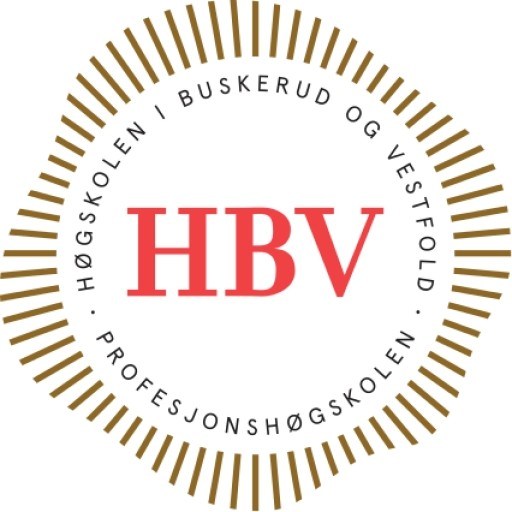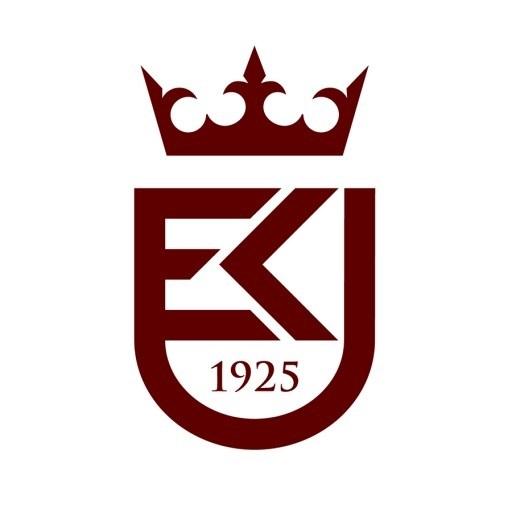Photos of university / #unistavanger
The EuroIn Social Work with Families and Children Master's programme at the University of Stavanger is a highly specialized international degree designed to prepare students for professional roles supporting families and children in diverse social contexts. This programme emphasizes a comprehensive understanding of family dynamics, child development, social policies, and intervention strategies. Students will engage with both theoretical frameworks and practical applications, gaining valuable skills to work effectively within social services, non-governmental organizations, and community agencies.
Throughout the programme, students will explore key topics such as family systems theory, child welfare, family violence, mental health issues, and the impact of socio-economic factors on families and children. The curriculum is designed to foster critical thinking, cultural sensitivity, and ethical awareness, ensuring graduates are equipped to handle complex cases with professionalism and empathy. An integral part of the education involves hands-on experience through internships, case studies, and collaborative projects with local and international organizations.
The programme benefits from an international perspective, incorporating comparative studies and promoting cross-cultural understanding. Students will have opportunities to interact with faculty and peers from various countries, enriching their learning environment and broadening their global outlook. The university's strong connections within the social work community facilitate access to practical training placements, enabling students to apply their knowledge in real-world settings and develop the competencies expected of a professional social worker.
Graduates of the EuroIn Social Work with Families and Children Master's programme are prepared for a wide range of career paths, including family support services, child protection agencies, social work consulting, and policy development at local, national, or international levels. The degree also opens pathways to further research or doctoral studies in social work or related disciplines. With its focus on family-centered approaches and cultural competence, the programme aims to empower students to make a positive difference in the lives of vulnerable families and children across Europe and beyond.
The EuroIn Social Work with Families and Children program at the University of Stavanger is a comprehensive international master’s degree designed to equip students with the knowledge, skills, and competencies necessary for effective social work practice within diverse family and child welfare contexts across Europe. The program emphasizes a multidisciplinary approach, integrating theoretical frameworks with practical applications to address complex social issues affecting families and children. Throughout the course, students will explore key topics such as child development, family dynamics, social policy, safeguarding practices, and legal aspects related to child protection and family welfare.
The curriculum includes a blend of lectures, seminars, case studies, and fieldwork opportunities, enabling students to apply theoretical insights to real-world situations. Emphasis is placed on cultural sensitivity, ethical considerations, and evidence-based practices to promote the well-being of children and families. Students will also examine international and European regulations, policies, and cooperation mechanisms that influence social work practices across borders. Collaborative projects and exchanges with partner universities enhance intercultural competence, preparing graduates for professional roles in an increasingly interconnected European landscape.
The program’s structure spans over two years, with a focus on developing analytical and reflective skills essential for policymakers, social workers, and practitioners working within health and social services for children and families. Graduates of the program will possess advanced competencies to assess family situations critically, design relevant intervention strategies, and work collaboratively with multidisciplinary teams. They will also be capable of engaging in research activities and contributing to policy development aimed at improving child and family services at local, national, and international levels.
Through a combination of academic study, practical experience, and international exposure, the EuroIn Social Work with Families and Children program aims to prepare professionals who can make a meaningful impact in promoting safe, healthy, and supportive environments for children and families across Europe.
Programme requirements for the MSc in Euroin Social Work with Families and Children at the University of Stavanger typically include a completed bachelor's degree or above in social work, psychology, sociology, nursing, or related fields from an accredited institution. Applicants are expected to provide official transcripts demonstrating academic performance, along with a Curriculum Vitae outlining relevant work or volunteer experience in social work, child welfare, or family services. proficiency in English is mandatory; applicants must submit proof of English language proficiency through tests such as IELTS with a minimum score of 6.5 overall, or TOEFL with a minimum score of 90 iBT. Additionally, a motivation letter detailing interest in the programme, career aspirations, and relevant experience is usually required. Letters of recommendation from previous academic instructors or professional supervisors may strengthen the application. The selection process considers academic qualifications, relevant experience, motivation, and potential to benefit from and contribute to the programme. Certain programmes may require an interview, either in person or via video conferencing. Applicants are also advised to review specific supplementary requirements listed on the official university webpage, as criteria can vary slightly from year to year. Prior experience working with families and children, such as internships or employment in relevant sectors, can be advantageous but is not always a strict requirement. The application deadline generally falls in mid-January for autumn intake, and applicants are encouraged to prepare all documentation accordingly. The admission decision is communicated by late spring, and admitted students are expected to complete registration procedures prior to the start of classes in August. It is essential for applicants to ensure all prerequisites are met and to submit a complete application package through the university’s online application system. The university also values diversity and encourages applications from candidates with varied backgrounds related to social services, ensuring a multidisciplinary approach to social work practice with families and children.
The financing of the EuroIn Social Work with Families and Children master's program at the University of Stavanger is primarily based on a combination of Norwegian government funding, student contributions, and possibly external grants or scholarships. Norwegian higher education institutions are largely publicly funded, which means that tuition fees for international students may be applicable but are generally subsidized compared to private universities. For Norwegian and EU/EEA students, tuition fees are typically free, with the government covering most of the cost, while students may only need to pay a small semester fee that grants access to student welfare services and other facilities. International students from outside the EU/EEA are usually required to pay tuition fees, which vary by program but are often in the range of approximately 70,000 to 120,000 NOK per academic year. These fees are intended to cover the costs of instruction, administrative expenses, and access to university resources.
Students may also access financial support through Norwegian state mechanisms such as the Norwegian State Educational Loan Fund (Lånekassen), which provides grants and loans to eligible students. This support is available to Norwegian nationals and students with certain residence permissions and can cover tuition fees as well as living expenses. The university itself often offers internal scholarships or grants for outstanding students or those demonstrating financial need. Additionally, there are external scholarship programs offered by governmental agencies or international organizations aimed at fostering diversity and fostering international cooperation.
Students enrolled in the program are encouraged to seek part-time employment opportunities in Stavanger to support their living costs, especially for international students who are required to demonstrate sufficient funding for visa purposes. The university provides guidance and resources for students regarding financial planning and access to funding sources. Overall, funding for the EuroIn Social Work with Families and Children program is structured to ensure access for a diverse student body, supported by Norwegian public funding, student loans, scholarships, and personal financial planning. This multi-source approach to financing aims to facilitate high-quality education and promote equal opportunities for all students attending the program.
Euroin Social Work with Families and Children at the University of Stavanger offers students a comprehensive education focused on understanding and supporting families and children in diverse societal contexts. The program combines theoretical foundations in social work, psychology, and sociology with practical skills necessary for intervention, assessment, and advocacy within family settings. Students learn about child development, family dynamics, social policies, and methods for working effectively with vulnerable populations. Emphasis is placed on intercultural competence, ethical considerations, and evidence-based practices to prepare graduates for diverse professional roles in social services, healthcare, education, and community organizations.
Throughout the program, students engage in internships and fieldwork to gain real-world experience, working closely with families, children, and multidisciplinary teams. Course modules typically cover topics such as child protection, family counseling, mental health, social inclusion, and the impacts of social and economic factors on family well-being. The program also encourages research and critical reflection on contemporary challenges faced by families and children, fostering analytical skills and innovative problem-solving abilities.
Graduates of this master’s program are equipped to work in municipal and governmental social services, non-governmental organizations, schools, and healthcare institutions. They may assume roles involving case management, policy development, community support, and advocacy to improve the quality of life for families and children. The program also prepares students for further academic research or doctoral studies. With a strong emphasis on ethical practice, cultural sensitivity, and interdisciplinary collaboration, the program aims to develop socially responsible professionals capable of making meaningful contributions to society.









